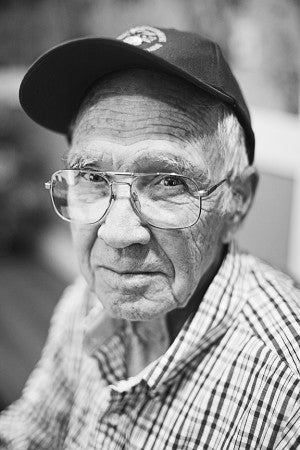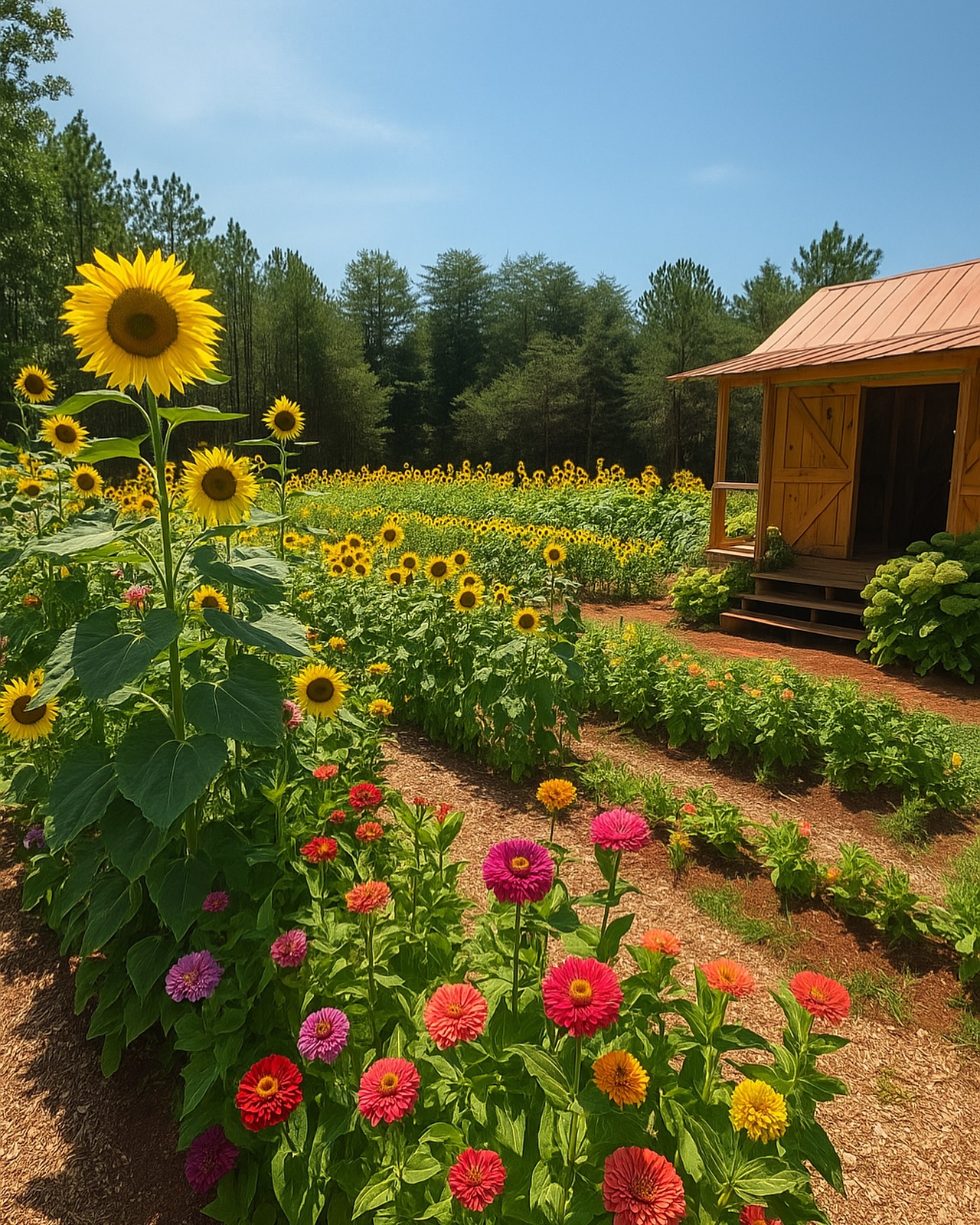Surviving the Great Depression in Polk County
Published 8:51 pm Thursday, November 13, 2014
For many, surviving the Great Depression meant just plain making do with what you had. Fortunately, many farmers and country folk in Polk County already knew how to do that and were able to rely on home remedies and homemade items to get by.
Howard Williams was born in 1928 at home at the foot of White Oak Mountain along Skyuka Creek. His family, originally from Wales, moved to North Carolina in the 1700s from Brunswick County, Virginia. His father, Stewart Williams, named after Jeb Stewart because his grandfather and his great uncle fought in the Civil War, died of cancer in 1938. With the help of neighbors and family, his mother, Minnie Walker, who grew up in Mill Springs, was able to provide for her children.
Trending
“If you are willing to work, nothing can keep you down. My dad truck farmed and his brother would take our produce to sell in Asheville in his Chevy truck. My older bother, Boyce, also helped Daddy cut pulpwood for a dollar a cord. In 1934, we lost our home and moved to the Skyuka Hotel. It was empty and we had all seven floors to ourselves and they paid us $25 a month to take care of it. Boyce and I also drove pigs to the Peak Place at Tryon Peak where they stayed all summer until we drove them back to the top of the mountain and put them in the pig lot.”
“We never threw anything away and just kept patching things. If you had two round patches on the seat of your overalls, we called them ‘Hoover Eyes.’ We made lye soap from wood ash in the ash hopper. Lye would also soften the outside husk of dried corn to make hominy. If you got sick, we used home remedies like boneset tea for fevers and honey and white liquor for cough syrup. We chewed yellow root dug up along creeks or took a spoonful of sugar and moonshine lit with a match for stomach aches. Sulfur and lard was supposed to cure the seven-year itch and sulfur mixed with molasses was a spring tonic. We also boiled beef bones and feet to make neatsfoot oil for skin problems and used coal oil kerosene or turpentine for cuts and wounds. If all else failed, a spoonful of castor oil took care of any whining about not feeling good.”
“When Dad became sick, we moved down to the foot of the mountain to my uncle’s place. After he died, we had a little money left over from Dad’s burial insurance and bought a house between Mill Spring and Pea Ridge for $175. The six remaining kids and Mom moved in on Thanksgiving Day and started farming the next spring. Times were tough, but everyone was in the same shape. When I turned eleven in 1939, I started working for 25 cents an hour at a peach orchard where I carried a bucket of water for whites in one hand and one for coloreds in the other. We hunted squirrel for food and caught rabbits in a box with a trap door called a ‘rabbit gum’ to eat or sell at the Mill Spring store for 25 cents. We would trade a dozen eggs for 12 cents toward what we needed at Tom Cannon’s store in Lynn. If it weren’t for cow peas, corn bread, and Franklin D. Roosevelt, we would not be here today.”
Howard joined the Marines at 17 and worked at sawmills when he returned. After that, he got a job making full fashion hosiery at Adams Millis in Tryon in 1948 and married Elea Lindsey from upper Greenville County in 1951. They had a son, Sam, and a daughter, Rhonda. After ten years at Adams Millis, Howard worked at DuPont for 31 years. He and Elea live in Tryon, next to his brother, Boyce. His advice for future generations is to get an education because it helps you work better.
Did your family live in Polk County during 1929 to 1939? For more information on how to share your story, please contact Robin Edgar at 2robinedgar@gmail.com or call The Tryon Daily Bulletin at 828-859-2737.






